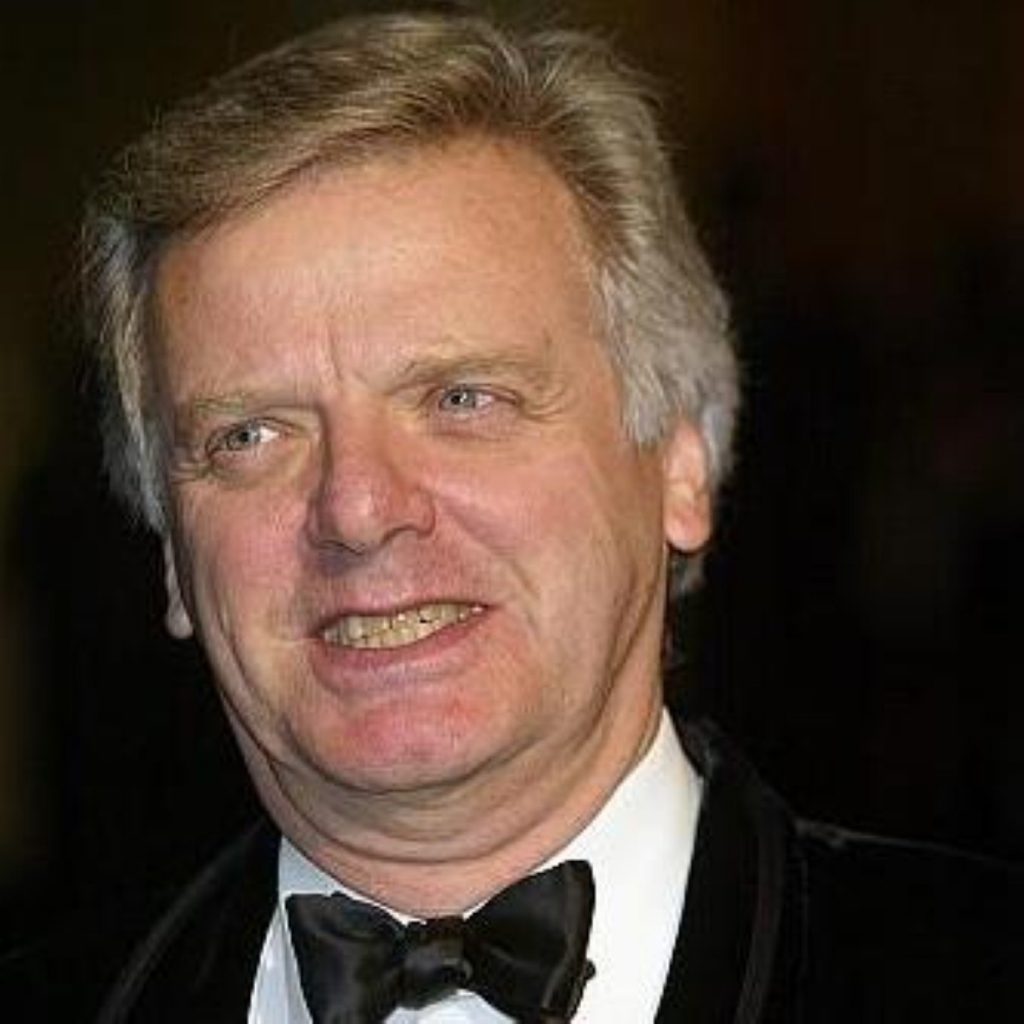Grade departure ‘will not delay BBC licence deal’
The resignation of BBC chairman Michael Grade will not affect the negotiations over the corporation’s licence fee, culture secretary Tessa Jowell has argued.
She admitted the news had “come as a great surprise to everyone” but said the BBC was “bigger than any one person, even a chairman as successful and dominant as Michael”.
Mr Grade quit this morning with immediate effect to become chief executive of ITV – the BBC’s biggest domestic competitor. He had led the corporation for two and a half years.
His resignation is likely to further delay agreement on the new BBC licence fee. Bids for a rise in funding of 2.3 per cent and 1.8 per cent above inflation have both been rejected by the Treasury and negotiations are ongoing.


There are also major structural changes going on at the top of the corporation, with a new trust replacing the board of governors from next year. It will hold to account the new executive board, which has responsibility for day-to-day management of the BBC.
Ms Jowell confirmed she had not yet reached a deal on the bid, but said: “There is no reason why Michael’s resignation should lead to a delay in settling the licence fee.”
But shadow culture secretary Hugo Swire warned that the lack of strong leadership must not compromise the BBC’s independence when bidding for a new funding settlement and deciding other key changes.
“It is critical that robust and independent governance of the corporation is maintained and that the BBC does not become a rudderless ship while the search for a new chairman is carried out,” he said.
He added: “The corporation faces many imminent challenges, such as digital switchover and the new public value test, so we need Tessa Jowell to address these crucial questions on the ongoing governance of the BBC as a matter of urgency.”
Mr Grade was taken on to steady the corporation after both the chairman, Gavyn Davies, and director general Greg Dyke, left in the wake of the Hutton report. He appointed Mark Thomas as director general.
In a statement, Ms Jowell thanked Mr Grade for his “great contribution” over the past two and a half years, saying he had provided “tremendous leadership at a time of great change at the corporation and I wish him well”.
Emailing BBC staff this morning, Mr Thomas said many people would find Mr Grade’s decision and its timing “surprising” but said he had had helped design a system of governance “that I am confident will stand the test of time”.
Anthony Salz, vice chairman of the board of governors, said: “The board is disappointed [Mr Grade] is moving to ITV, but he leaves behind a BBC that is passionate about and committed to serving the public in new and exciting ways.”
Mr Grade himself insisted that his move to ITV was not motivated by money – although he will be well rewarded in his new role – but by the pull of a new project.
He wrote to staff: “I am off to a new challenge, maybe at 63 my last real job, and hopefully give you a run for your money. That’s how it should be. Look after Auntie, I am sure you won’t need me again. And thank you for having me.”









